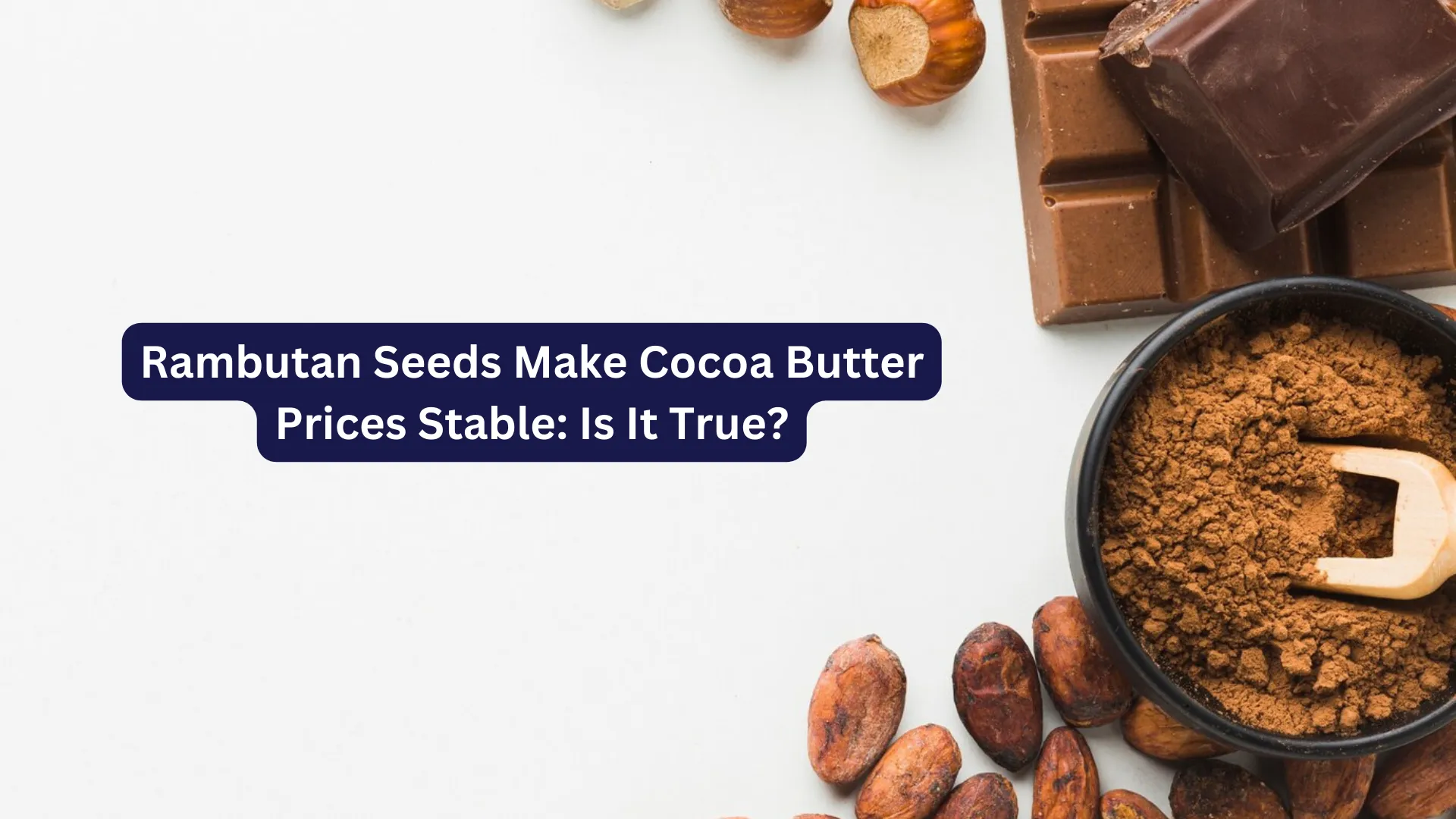Aspartame, a widely used artificial sweetener, remains a key ingredient in the global food and beverage industry. Known for its low-calorie content and high sweetness profile, it is predominantly used in products like soft drinks, sugar-free gum, and low-calorie desserts. In 2025, the aspartame market is expected to experience significant shifts driven by regulatory changes, consumer preferences, and technological advancements.
Market Trends and Consumer Preferences
The global trend toward health and wellness continues to shape the aspartame market. As consumers reduce sugar intake to combat obesity and diabetes, demand for low-calorie alternatives like aspartame is expected to grow steadily. However, the rise of natural sweeteners like stevia and monk fruit presents increasing competition.
Consumer concerns about artificial sweeteners' safety have also influenced purchasing patterns. In response, manufacturers are investing in research and transparency to reassure consumers about aspartame's safety and benefits, which have been affirmed by regulatory agencies such as the FDA and EFSA.
Regulatory Developments Impacting Aspartame
Aspartame’s market outlook in 2025 will be influenced by regulatory updates. Several countries are revisiting policies on artificial sweeteners, including labeling requirements, usage restrictions, and consumer warnings.
The European Union, for instance, is considering stricter guidelines on sweetener usage in children’s products, which could affect aspartame’s inclusion in specific formulations. Similarly, in North America, growing pressure for clearer nutritional labeling may lead to mandatory disclosures about artificial sweeteners in processed foods.
Despite these challenges, aspartame continues to benefit from its approval by multiple global health authorities, ensuring its continued usage in a wide array of products.
Supply Chain Dynamics and Pricing
Aspartame’s supply chain in 2025 faces challenges such as raw material availability and geopolitical factors. Key production hubs in Asia, especially China and India, play a critical role in the global supply of aspartame. Any disruption in these regions, such as stricter environmental regulations or trade restrictions, could lead to price volatility.
On the other hand, innovations in production processes are helping to stabilize costs. Advancements in fermentation and synthetic biology have the potential to enhance yield efficiency and reduce production waste, thereby mitigating some supply chain risks.
Growth Opportunities in Emerging Markets
Emerging markets in Asia-Pacific, Latin America, and the Middle East are witnessing rising demand for aspartame, driven by increasing health consciousness and urbanization. As beverage and confectionery manufacturers expand in these regions, aspartame is likely to see sustained growth.
The rising popularity of sugar-free beverages, particularly among younger consumers in these regions, is a significant driver. Local manufacturers are also incorporating aspartame into affordable, low-calorie products to cater to the growing middle-class population.
Tradeasia International: Supporting Aspartame Market Needs
As a trusted supplier of industrial and specialty chemicals, Tradeasia International is well-equipped to support the aspartame market's evolving demands. With a focus on quality, reliability, and sustainability, Tradeasia ensures its clients receive the best solutions for their production needs. Their expertise in managing global supply chains helps mitigate risks and ensures uninterrupted delivery, even amid market uncertainties.
Conclusion
The aspartame market in 2025 is poised for moderate growth, driven by consumer demand for low-calorie sweeteners and expanding applications in emerging markets. However, regulatory scrutiny and competition from natural sweeteners present challenges that stakeholders must navigate carefully. By embracing innovation, ensuring compliance, and addressing consumer concerns, the aspartame industry can position itself for long-term success in an increasingly health-conscious world.


Leave a Comment